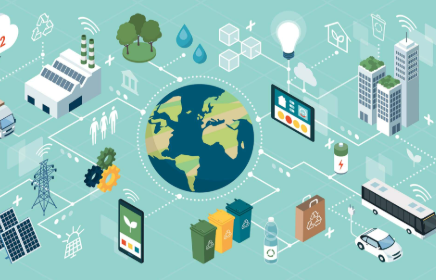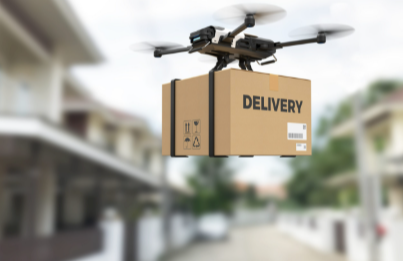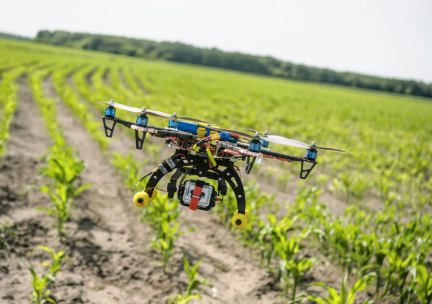How Technology Is Helping to Solve the Climate Crisis
Technology is increasingly recognized as a vital ally in the fight against the climate crisis. Innovative renewable energy solutions, such as advanced solar and wind systems, pave the way for reduced reliance on fossil fuels. Meanwhile, smart technologies enhance energy efficiency and distribution. As artificial intelligence and data analytics refine climate modeling, communities gain critical insights. Yet, the full potential of these advancements remains to be explored further. What other breakthroughs lie ahead?
Renewable Energy Innovations
In recent years, a remarkable surge in renewable energy innovations has emerged as a critical response to the climate crisis.
Solar power technology has advanced significantly, enabling more efficient energy capture and storage. Meanwhile, wind energy has expanded through innovative turbine designs, maximizing output and reducing costs.
Together, these developments empower communities, fostering energy independence and promoting a sustainable future free from fossil fuel reliance.
Smart Technologies for Energy Efficiency
Numerous smart technologies are transforming energy efficiency, offering innovative solutions to reduce consumption and minimize waste.
Smart grids optimize electricity distribution, enabling real-time monitoring and management of resources. Coupled with advanced energy storage systems, these technologies facilitate the integration of renewable sources, ensuring a balanced supply and demand.
This synergy empowers individuals and communities, promoting energy independence while addressing the urgent need for sustainability.
AI and Data Analytics in Climate Science
While traditional climate models have provided valuable insights, the integration of artificial intelligence (AI) and data analytics is revolutionizing climate science by enabling more precise predictions and effective responses to climate change.
This synergy enhances climate modeling, allowing researchers to analyze vast datasets swiftly.
Furthermore, innovative data visualization techniques empower stakeholders to comprehend complex information, fostering informed decision-making and promoting a collective commitment to environmental freedom.
Sustainable Agriculture and Food Technology
Sustainable agriculture and food technology are increasingly recognized as crucial components in addressing the climate crisis. Innovations such as vertical farming optimize land use while minimizing water and energy consumption.
Meanwhile, precision agriculture employs data-driven techniques to enhance crop yields and reduce waste, ensuring food security. Together, these advancements empower communities to cultivate freedom through sustainable practices, ultimately fostering a healthier planet.
Read more: The Pros and Cons of Artificial Intelligence in Everyday Life
Conclusion
In a world where technology often seems the culprit behind environmental degradation, it is ironically the very innovations that promise convenience and efficiency that are now leading the charge against the climate crisis. Renewable energy advancements, smart technologies, and AI-driven insights not only counteract past negligence but also illuminate a path toward a sustainable future. As society grapples with its own legacy, it is technology, once seen as a foe, that emerges as an unexpected ally in the fight for our planet’s survival.







